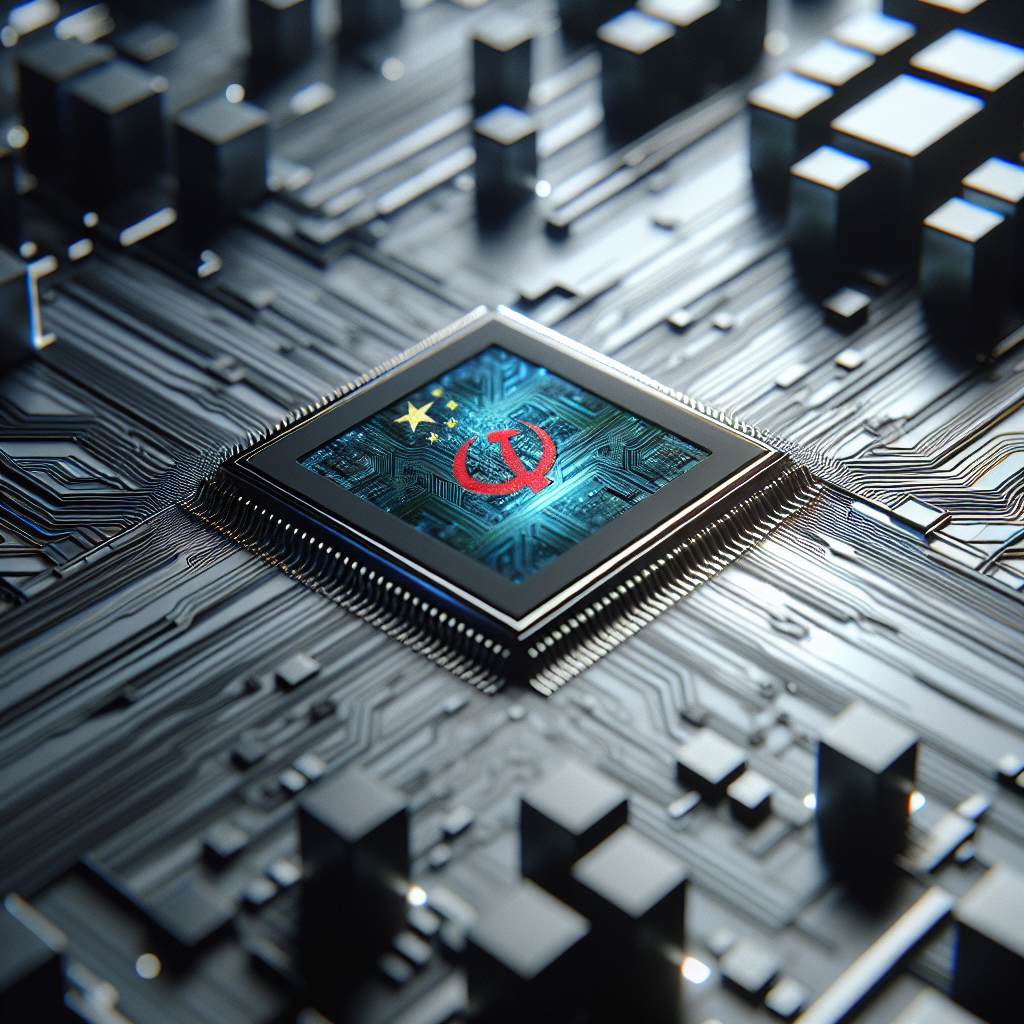China’s artificial intelligence development is being impeded by U.S. trade restrictions on advanced chips, and the disparity between the two countries could widen, according to experts.
Despite strong demand for Nvidia’s H20 chip, designed to avoid requiring an export control license, trade restrictions are hindering China’s ability to enhance its large language models (LLMs) which drive AI technology like ChatGPT. This was discussed during a call with Jefferies analysts, as noted in an analysis. Consequently, analysts observed that the “gap between China and the U.S. would at least remain, if not grow.”
The H20 chip has less computational power compared to Nvidia’s chips available to U.S. tech firms. As a result, Chinese companies are turning to Huawei’s Ascend chip as a long-term solution, and this support is expected to aid the Chinese tech giant in improving its chip performance. However, experts voiced concerns about whether China has sufficient capacity to meet the demand for the advanced 7-nanometer process over the long term.
Huawei is reportedly struggling to ramp up production of its Ascend 910B chip—China’s best alternative to Nvidia’s chips, which are banned from sale to Chinese customers—due to issues with components in repurposed chip fabrication machines.
U.S. officials have remarked that another chip, the Kirin 9000s, which uses advanced 7-nanometer processing technology and powers Huawei’s Mate 60 Pro smartphone released last year, is not as sophisticated as chips being developed in the U.S.
“What it tells me is the export controls are effective because that chip is not nearly as good; it’s years behind what we have in the United States,” Secretary of Commerce Gina Raimondo said. “We have the most sophisticated semiconductors globally; China does not.”
However, while the U.S. has recently reduced federal research and development spending across industries, China has increased its research and development funding by 10%, according to Arati Prabhakar, director of the White House Office of Science and Technology Policy, in an interview with The Verge. Prabhakar suggested that amid the AI boom, the U.S. “should be doubling down” and that efforts are being made to “get back on track.”
Experts also indicated that demand for computing power will continue to rise as companies create larger, more advanced models. They added that China’s AI industry might need to consolidate, as there are “too many players, and both capital and computing power are limited.”
The shortage could impact China’s competitiveness, with some experts suggesting that Chinese companies should focus on optimizing models to perform effectively with less computing power. However, another expert noted that the early stages of AI model development require the most computing power for experimentation, and optimization would only be valuable once models are mature.
